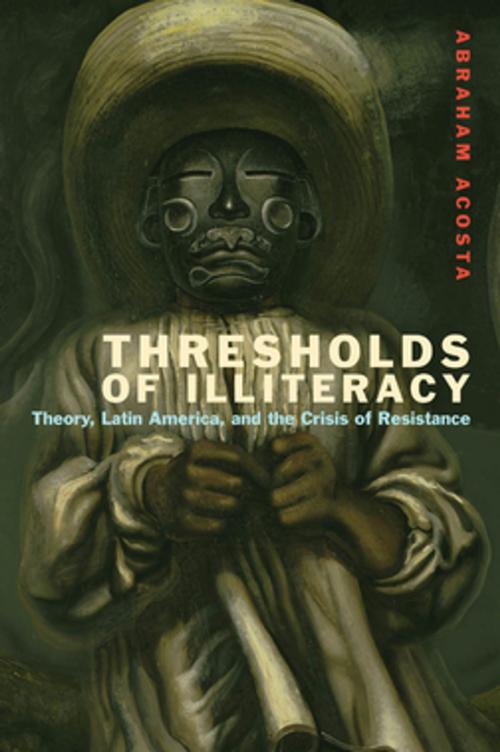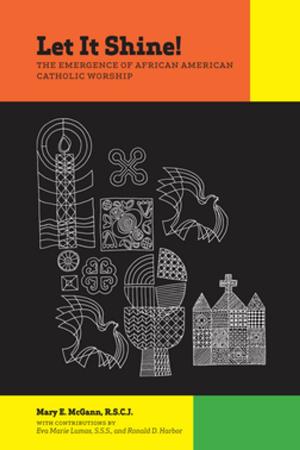Thresholds of Illiteracy
Theory, Latin America, and the Crisis of Resistance
Fiction & Literature, Literary Theory & Criticism, American, Nonfiction, Social & Cultural Studies, Social Science, Anthropology| Author: | Abraham Acosta | ISBN: | 9780823257126 |
| Publisher: | Fordham University Press | Publication: | April 3, 2014 |
| Imprint: | American Literatures Initiative | Language: | English |
| Author: | Abraham Acosta |
| ISBN: | 9780823257126 |
| Publisher: | Fordham University Press |
| Publication: | April 3, 2014 |
| Imprint: | American Literatures Initiative |
| Language: | English |
Thresholds of Illiteracy reevaluates Latin American theories and narratives of cultural resistance by advancing the concept of “illiteracy” as a new critical approach to understanding scenes or moments of social antagonism. “Illiteracy,” Acosta claims, can offer us a way of talking about what cannot be subsumed within prevailing modes of reading, such as the opposition between writing and orality, that have frequently been deployed to distinguish between modern and archaic peoples and societies.
This book is organized as a series of literary and cultural analyses of internationally recognized postcolonial narratives. It tackles a series of the most important political/aesthetic issues in Latin America that have arisen over the past thirty years or so, including indigenism, testimonio, the Zapatista movement in Chiapas, and migration to the United States via the U.S.–Mexican border.
Through a critical examination of the “illiterate” effects and contradictions at work in these resistant narratives, the book goes beyond current theories of culture and politics to reveal radically unpredictable forms of antagonism that advance the possibility for an ever more democratic model of cultural analysis.
Thresholds of Illiteracy reevaluates Latin American theories and narratives of cultural resistance by advancing the concept of “illiteracy” as a new critical approach to understanding scenes or moments of social antagonism. “Illiteracy,” Acosta claims, can offer us a way of talking about what cannot be subsumed within prevailing modes of reading, such as the opposition between writing and orality, that have frequently been deployed to distinguish between modern and archaic peoples and societies.
This book is organized as a series of literary and cultural analyses of internationally recognized postcolonial narratives. It tackles a series of the most important political/aesthetic issues in Latin America that have arisen over the past thirty years or so, including indigenism, testimonio, the Zapatista movement in Chiapas, and migration to the United States via the U.S.–Mexican border.
Through a critical examination of the “illiterate” effects and contradictions at work in these resistant narratives, the book goes beyond current theories of culture and politics to reveal radically unpredictable forms of antagonism that advance the possibility for an ever more democratic model of cultural analysis.















